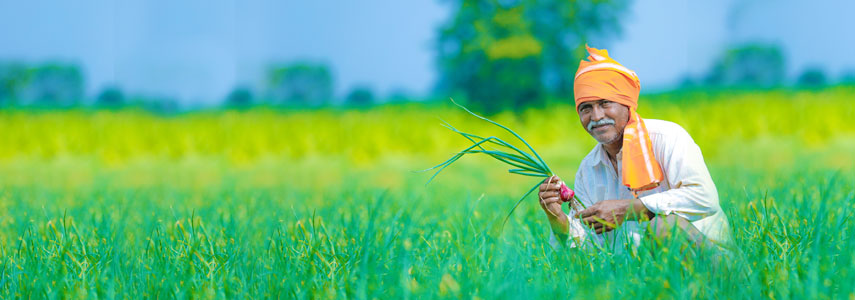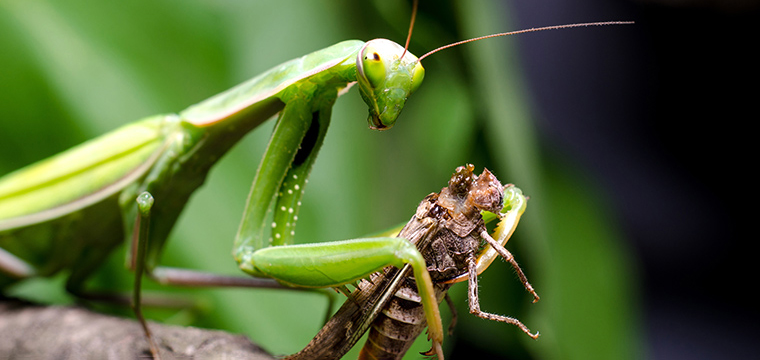Pesticide are a two-edged sword that oneside positively protects crops, increases production efficiency and the other side is a cause of serious environmental consequences that affect both ecosystem and human health. After all, humans cannot completely replace nature’s role with chemical means. But we can learn from nature and changing the way we work on a farm.

Biological pest control
Biological pest control is the natural fear of pests. It includes many species of animals such as insects, spiders, birds, snakes… and microorganisms such as fungi, bacteria, viruses, … Including pathogenic species, prey species and parasites.
Using biological pest control is seen as a way using natural enemy to control and restrain the growth of pests based on an understanding of the incompatible relation in nature to protect plants. It is also a smart biological solution to minimize the misuse of chemical products and towards safe food criteria.

Create a natural environment
Have we ever wonder about the forest in nature and what is the reason make them thrive even without human intervention. That proves an obvious fact, no matter how much ultramodern science has, it still learn from nature. In natural environment, there are already enough elements to make ecological balance, so we can follow that mechanism to properly apply agricultural development. The composition and number of natural enemies plays a role in regulating the amount of pests to naturally balance the ecology according to the relationship of species in the community. Thanks to the incompatible characteristic of natural enemies, the population density of pests is regulated below the level of economic harm. The presence of natural enemies diversify and enrich the ecological community helps plants to develop comprehensively. An agricultural product that is nourished with pesticides and chemicals is actually very different from a naturally developed product. This is similar to the fact that a person always relies too much on medicine whenever get ill and a person less dependent on using drugs who can self-create antibodies that protect the body. In the long term, it is easy to know who is really healthy. However, the intervention of pesticide is sometimes necessary in some reluctant cases.

Changing the face of production, towards safe food
Nowadays, because of the decreasing in agricultural land, the intensive farming systems use chemical fertilizers, pesticides and even multi-crop cultivation in just one year… This causes environmental pollution and directly affecting the ecosystem such as reducing the density, species composition, … It is also affecting the aquatic flora and fauna as well as the fauna in the soil and food chains of many higher animals. It creates a chain reaction on the ecosystem. We are very worried about food poisoning. Many causes of pollution create that worry and the misuse of pesticide is one of the core causes. For humans, pesticides cause acute toxicity (rashes, shortness of breath, eyesore… That can be deadly) and chronic toxicity leads to gastric or neurological diseases …
The production of safe vegetables and organic foods has become an urgent need of society in the context of urbanization, besides protecting public health, this also makes great meaning for economic and scientific study because it is toward developing agriculture in a natural way.
Tracking and identifying natural Antagonistic characteristics in nature to against pests and diseases is an important way to develop biological measures. This is also a key solution to pest control and a step forward in the context of agriculture in reality.




